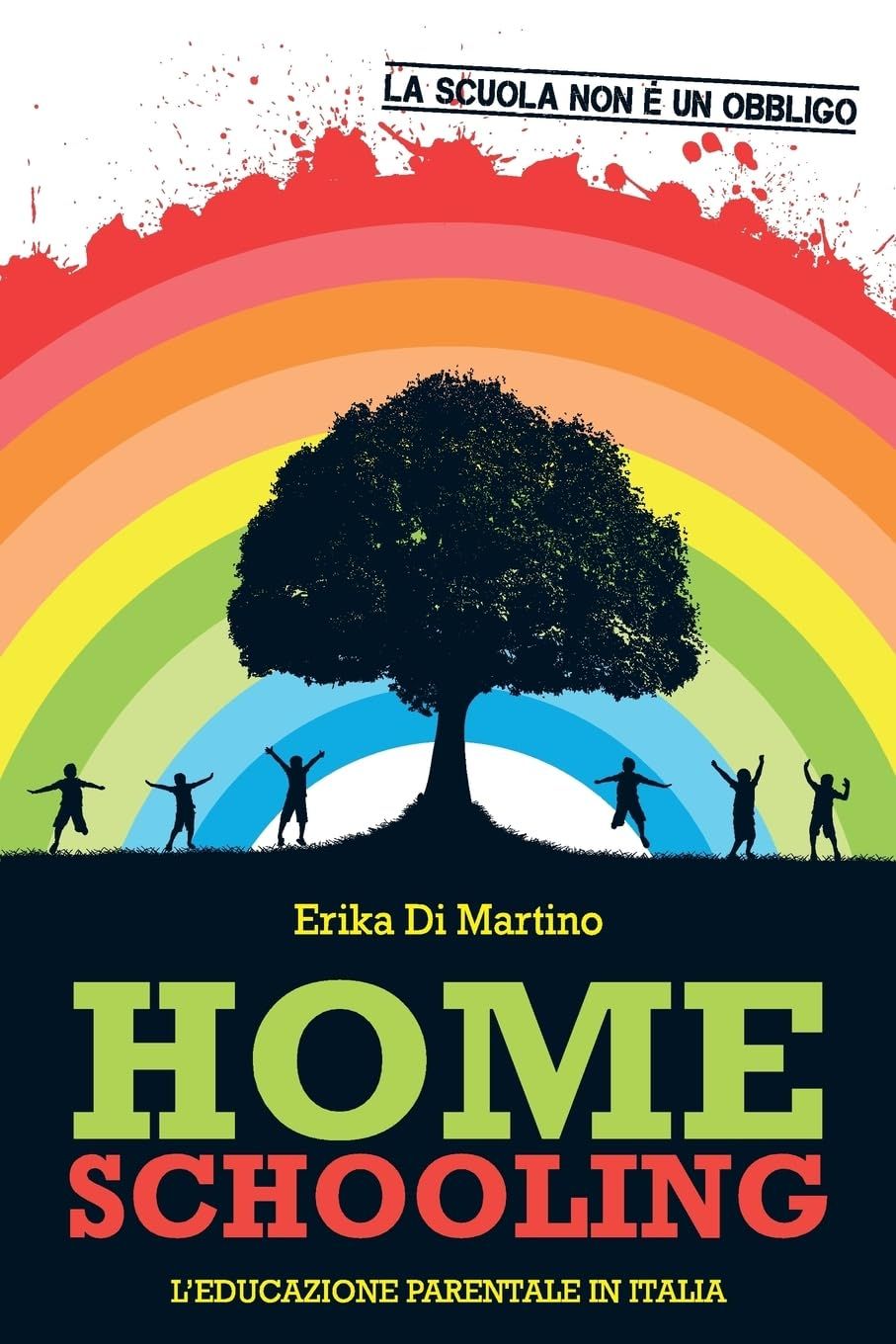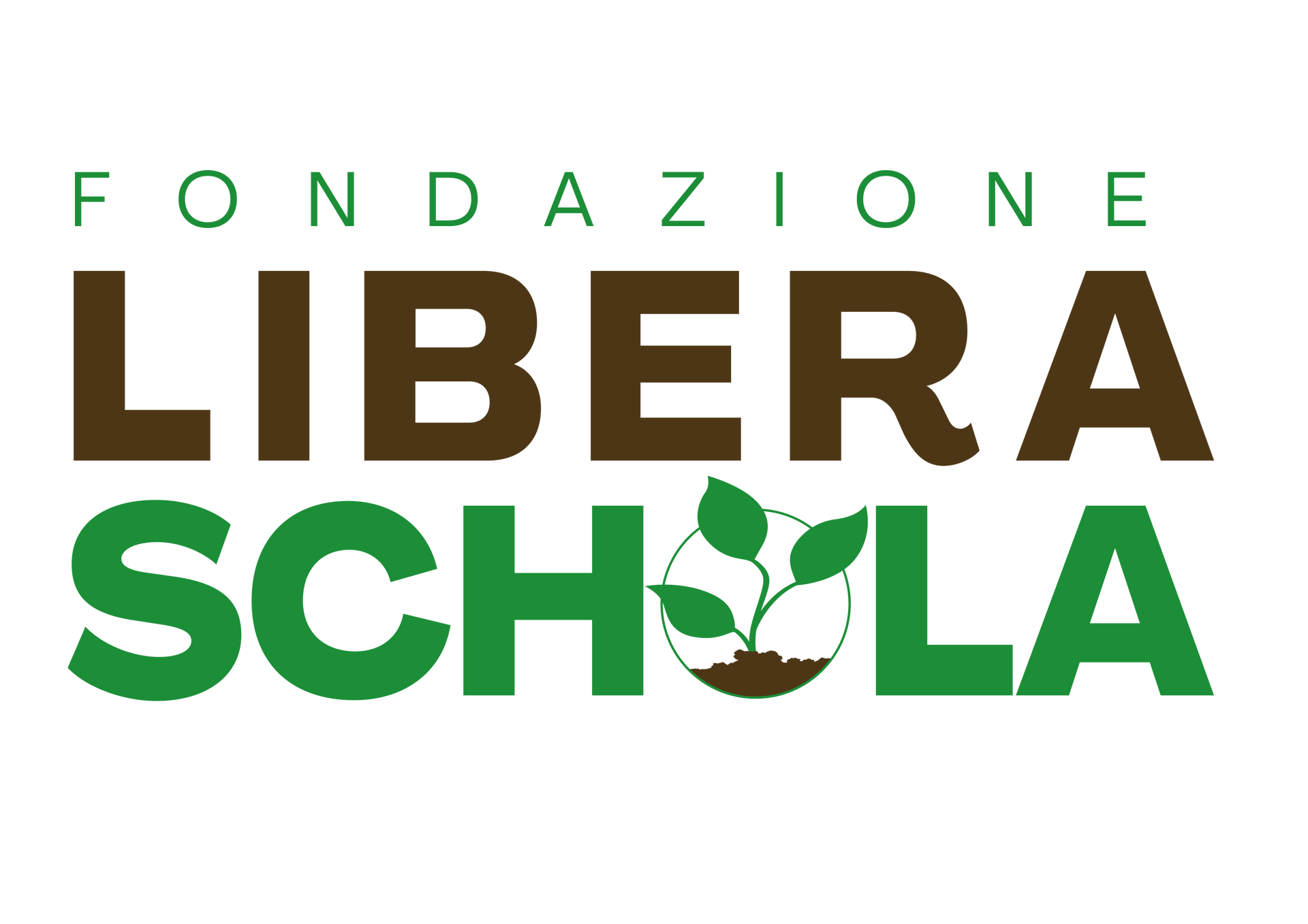What is
home education?

Home Education, also known as homeschooling, is a parental choice to fulfill and organize the duty and right to educate one’s children within the family setting. This approach is based on Article 30 of the Italian Constitution, Article 26 of the Universal Declaration of Human Rights, and Principle 7 of the Declaration of the Rights of the Child.
In accordance with Article 33 of the Constitution, families implement an educational system within the home, designed around the unique needs and individuality of each learner. This system supports active, personalized learning and places the student within a network of social connections while also taking into account the general educational guidelines outlined in the national curriculum.
Home education is suitable for all children and young people and can be practiced by any parents who are not otherwise incapacitated. No minimum income or specific educational qualifications are required to practice homeschooling.
Home Education
in Italy
Home education is a legal and increasingly popular educational choice in Italy, where numerous families are embracing the freedom to educate their children outside of the traditional school system.
In Italy, homeschooling parents must annually notify the appropriate school authorities (dirigente scolastico) of their intent to home educate. They provide a self-certification stating their "technical" and "economic" capacity to teach their children at home. "Technical capacity" refers to the parents, guardians, or tutors who will teach the child, and there are no specific guidelines to meet. "Economic capacity" simply refers to financial means, and similarly, there are no specific requirements. Fortunately, you will not be required to justify these statements with legal documents, making the process more accessible as you can provide written statements.
Despite fairly clear legislation on home education, schools, which rarely deal with this educational path, often judge this choice negatively and fail to provide adequate support to students. You need to know your rights, especially in Italy where chaotic bureaucracy reigns sovereign.
Examination Requirements
In 2017, the Italian Parliament approved a decree-law (School Reform called "Buona Scuola") stating that the fulfillment of the duty of education by parents must be proved through annual school exams. This change marked a shift from the previous regulations that protected the freedom of teaching, requiring only yearly notifications to school officials. Now, families must present a personal curriculum and a written request for the exam in Italian. The curriculum used must be the Italian one, and the competencies to achieve vary through many subjects.
However, if you are a foreign family residing in Italy for a short time, you may not be subject to the exam. This depends on many factors, such as whether you have registered in the Comune or not, if you are under a tourist visa or a work visa, if you live in a small town or a large city.
There are some family groups that meet up regularly, others that create learning pods very similar to traditional school settings, while others are travelschoolers and roam the peninsula in their caravans. Together, we can create a positive and nurturing learning environment that celebrates diversity and fosters a love for knowledge.
Join us!
We believe that personalized and inclusive education is critical to the future.
Join the Libera Schola ETS Foundation and together we will make a difference.
Libera Schola Foundation: Educate, Innovate, Grow.
FONDAZIONE
LIBERA SCHOLA ETS
Headquarters:
Piazza Gramsci 2
20154 Milan
Italy
All Rights Reserved | Libera Schola Foundation


